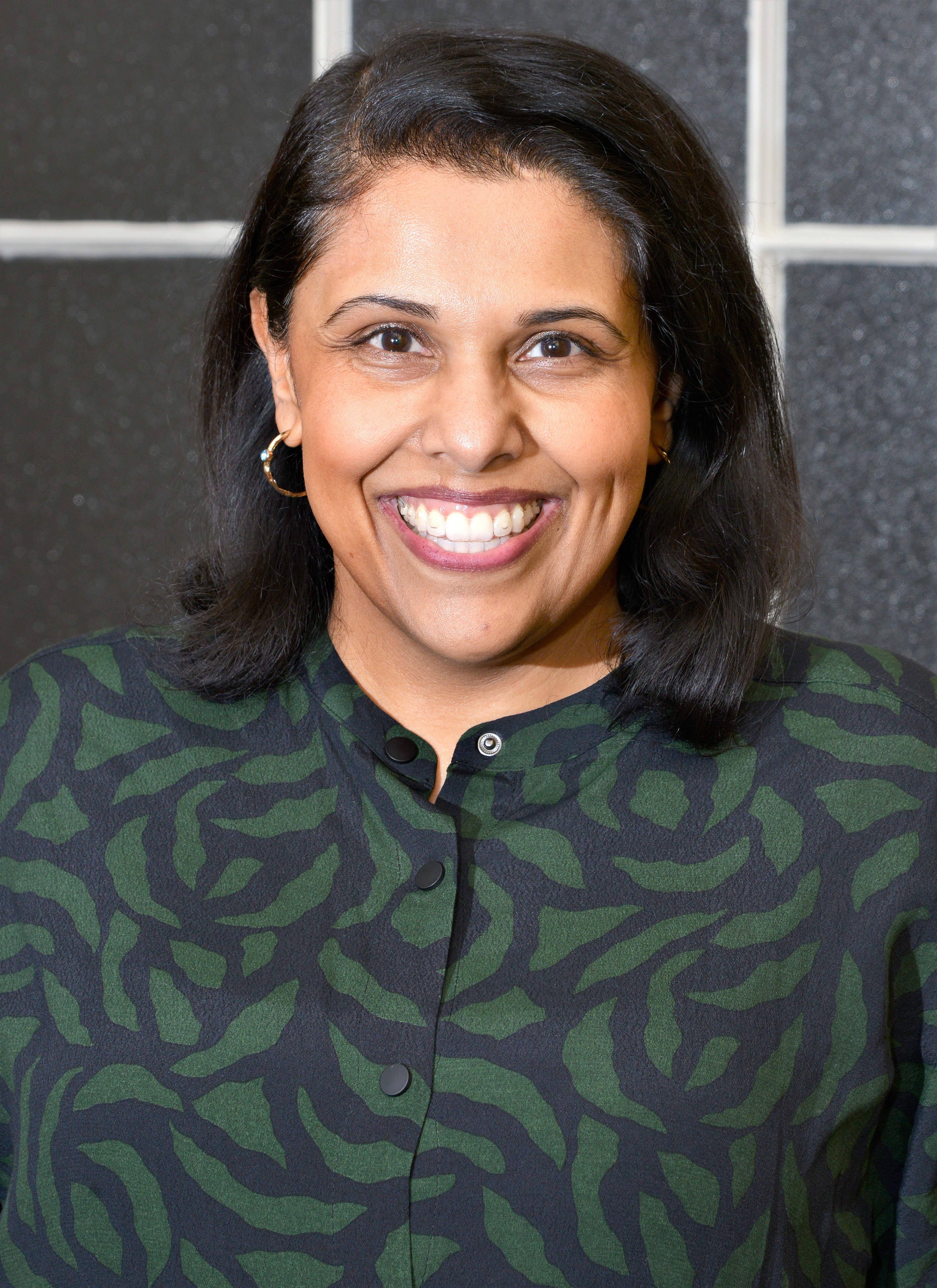By Sonal R. Patel (Brunswick Creative)
Iconic film director Jean-Luc Godard said, “There is no point in having sharp images when you have fuzzy ideas.”
Alfred Hitchcock got straight to the point, exclaiming, “To make a great film you need three things – the script, the script and the script.”
I couldn’t agree more.
Content before creative is my mantra. Without the compelling story there is no film.
As a corporate filmmaker for Brunswick bringing business-critical stories to life for the world’s great value-creating organisations, there’s no room for error. We need to be clear on story before anyone picks up a camera.
Sometimes I’ll hop into the driver’s seat and craft a script myself. Quite often, I turn to a few trusted writers to help me tell the correct story in a tone that will resonate with the audiences who matter most to our clients.
I spend a lot of time thinking about what a script should accomplish, how it should feel and sound, and whether I’ve responded honestly to a brief. This process is essential before moving ahead to produce a creative treatment that will bring the film to life on screen.
You can’t achieve an informative/ inspiring/ emotional/ influential/ (award-winning!) film without a strong story and having a complementary writing partner can be the key to success.
So how do you go about finding your solid gold writer?
This is what works for me:
- Use your network
Whether you need a great plumber or a gifted writer, the same advice holds true – ask a friend. Getting a recommendation from someone you trust is the best way of finding a writer who won’t let you down.
- Get to know them
Pay attention to a writer’s CV. Look for production expertise. I find that the best writers come from a production/ agency background. They understand how you think and what a client is looking for.
- Creative expression
Read the scripts writers are most proud of and watch the end results. Do you like the work? Is the writer capable of various styles or do they specialise in one thing?
Is there a variety of work to review? Can the writer adopt multiple tones of voice? Do they engage in expressive wordplay? Is their portfolio of work a mix of formal and casual, informative and inspiring, serious and funny?
How does the writer use data? Can they make the complex simple? Are they capable of a conversational style? Do they use a wide range of vocabulary?
Asking these questions as you assess scripts and other written work helps you identify styles as well as strengths and limitations.
Some of the best writers visualise as they go and will often include creative recommendations in their script notes.
- Talk about deadlines
Deadlines matters. Corporate film writers will understand the pressure you are under to deliver on a tight turnaround.
Make sure any writer you work with understands that missing deadlines is not an option, however, you both need to be realistic about how long something will take.
- Respect the brief
A good brief outlines clear objectives, strategic goals, audiences, deliverables, and creative approach. You are doing yourself, your client, and your writer a great disservice if you kick off a project without one.
My favourite writer reminded me that if we agree content is king, then a briefing document is priceless. It means the client knows exactly what they want, and so does the writer.
- Communication and feedback
Writers are artists. They are as sensitive about their work as you are about yours. Establish upfront that you want to talk throughout the process, and when you are giving feedback, be nice and start with the good stuff.
- Make it a long-term thing
If you find a clever writer, hang on to them. Forge a strong relationship and they will go the extra mile for you. One way to do that is by updating your writers on how the work turns out. It’s so easy to forget all about them once the writing stage is over. It’s just as easy to share a link and a word of thanks at the end of a project.
Remarkable writing is the foundation for a remarkable film (and a very happy client).
The best scripts are a collaboration. Your writer might do the heavy lifting and you may do the fine tuning, or vice versa, but the more you work together, the better your flow will be. And despite what I said earlier, if you’re keeping them busy, keep your secret ingredient to yourself.
Sonal R Patel is Partner and Executive Producer at Brunswick, and an EVCOM Board member.
Photo credit: Leo Wilkinson


